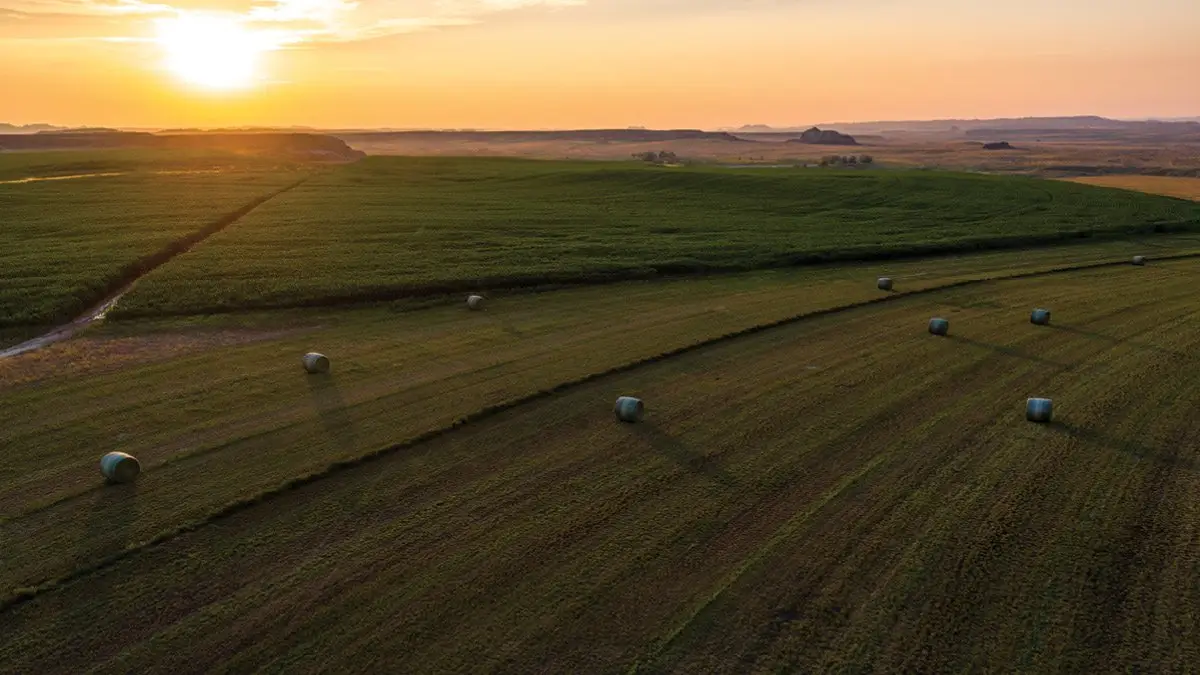
For many, making the decision to sell a farmland holding can be extremely difficult, particularly if the property has been owned by a family for multiple generations and the owner has only one chance to get it right. For others, buying and selling farmland is an everyday occurrence. Regardless of where you fall on this spectrum, the fact remains that selecting the best agricultural real estate broker is critically important for farmland sellers, buyers, investors, and others. Here are some factors to keep in mind when selecting your broker.
FOR SELLERS
Dedicated Farmland Broker vs. Generalist Broker
It is easy for commercial, residential, or generalist brokers to think, “it’s just dirt, how hard can it be?” before attempting to take on agricultural listings. Brokers who are spread thin across multiple property types and are not dedicated solely to farmland typically lack the depth of knowledge necessary to understand an ag property’s nuances and complexities, which are subsequently not well represented to the market. This can lead to inaccurate asset pricing, poor buyer interest, marketing materials that misrepresent the property and increases seller liability, extended marketing times that stigmatize properties or no-sales, and unmet client expectations, to name a few.
Maximizing Exposure and Proceeds
In order for a broker to maximize a seller’s proceeds, they have to understand what category of buyer or combination of categories – investors, local farmers, regional ag players, national operations, etc. – is most likely to purchase an asset. The broker must be able to implement the correct sale strategy (auction, widely exposed traditional listing, confidential offering to select qualified buyers, etc.) and maximize exposure to as many target buyer as possible, creating the most competitive sale environment in order to generate the highest sale price. When considering brokers, sellers should assess whether a potential broker will actually undertake efforts to maximize buyer exposure or if they are more likely to simply take a listing to a small handful of trusted buyers and friends with no subsequent additional effort.
FOR BUYERS
For buyers considering whether to use an agricultural real estate broker to represent them in a purchase, it is important to understand that commissions are traditionally paid by the seller, so there is typically no additional cost to a buyer who employs a buy-side broker. If a buyer is not a seasoned transactor of real estate or farmland, there is often a great benefit in being represented by an experienced brokerage professional with deep knowledge of agriculture who can assist with negotiations, due diligence, and advising the buyer in order for his or her best interests to be advocated in the transaction.
CONCLUSION
Experienced, dedicated farmland brokers can add an immense amount of value to an agricultural property transaction; therefore, buyers and sellers must take care to select the right broker. For properties in California, please reach out to curtis@peoplescompany.com to discuss this topic further.








